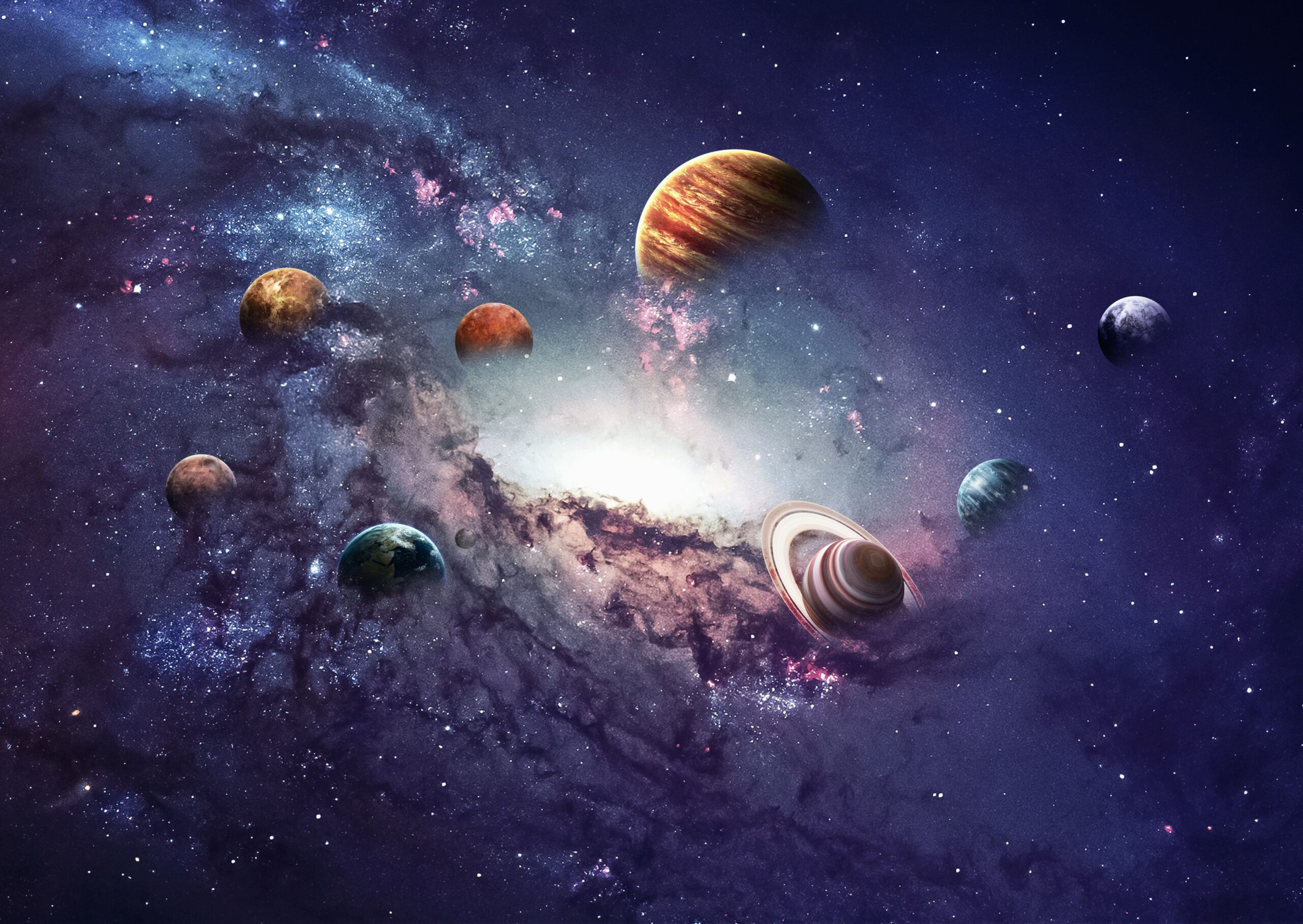Life on Earth may have extraterrestrial origins


Tracing the origins of life on Earth has preoccupied scientists for a long time. One of the main prerequisites for the emergence of life is the abiotic production and polymerization of amino acids, which are known to be the building blocks of life.
However, there are currently two scenarios that are debated regarding the origins of life: the first-time creation of these amino acid chains on Earth, and, on the other hand, their possible influx from space. Now, a team of researchers led by the University of Lyon in France and the University of Innsbruck in Austria has found evidence for the second scenario.
The scientists investigated the smallest occurring amino acid, glycine, a molecule that has been repeatedly found in space during recent years. The experts discovered that small clusters of glycine molecules exhibit polymerization upon energy input, leading to a reaction within a cluster consisting of two glycine molecules, with the two amino acids becoming a dipeptide and a water molecule. In addition, the researchers also demonstrated the possible reaction of a dipeptide with a tripeptide within a cluster.
“Our study sheds light on the less likely unimolecular scenario for the formation of such amino acid chains in the extreme conditions of space,” explained study co-author Michel Farizon, an expert in Physics, Nanotechnology, and Nanosystems at the University of Lyon. “We were able to show that peptide chain growth occurs through unimolecular reactions in excited cluster ions, without the need for contact with an additional partner such as dust or ice.”
These findings thus provide evidence that the first step toward the origin of life could have in fact occurred in the harsh conditions of space. “The study is an important milestone on the route to understanding the origins of life. The results will serve as a basis for further research in this field,” the authors concluded.
The study is published in the Journal of Physical Chemistry A.
—-
By Andrei Ionescu, Earth.com Staff Writer
Check us out on EarthSnap, a free app brought to you by Eric Ralls and Earth.com.



